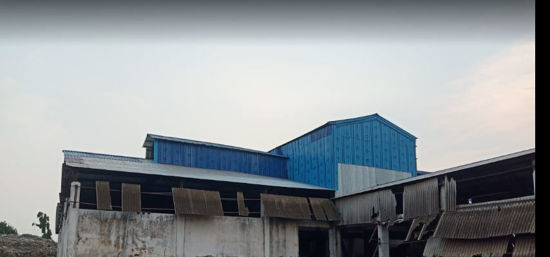Industry
- Biomass energy
- Waste handling and disposal
Continent
- Asia
Country
- India
Sustainable Development Co-Benefits
Social
- Health & Safety
- Jobs
Economic
- Energy
- Growth
- Technology
| 10/27/2023 |  | 2,059 t |
| 10/24/2023 |  | 11 t |
| 10/24/2023 |  | 11 t |
| 10/1/2023 |  | 2 t |
| 9/27/2023 |  | 1 t |
| View all 423 | ||
1904
Avoidance of methane emissions from Municipal Solid Waste and Food Waste through Composting
423
This project activity entails production of organic manure-‘Enrich’ from municipal solid waste (MSW) and food waste (comprising of fish waste and coconut husk) through composting. The same is being developed by Krishi Rasayan Private Limited, the project proponent.



